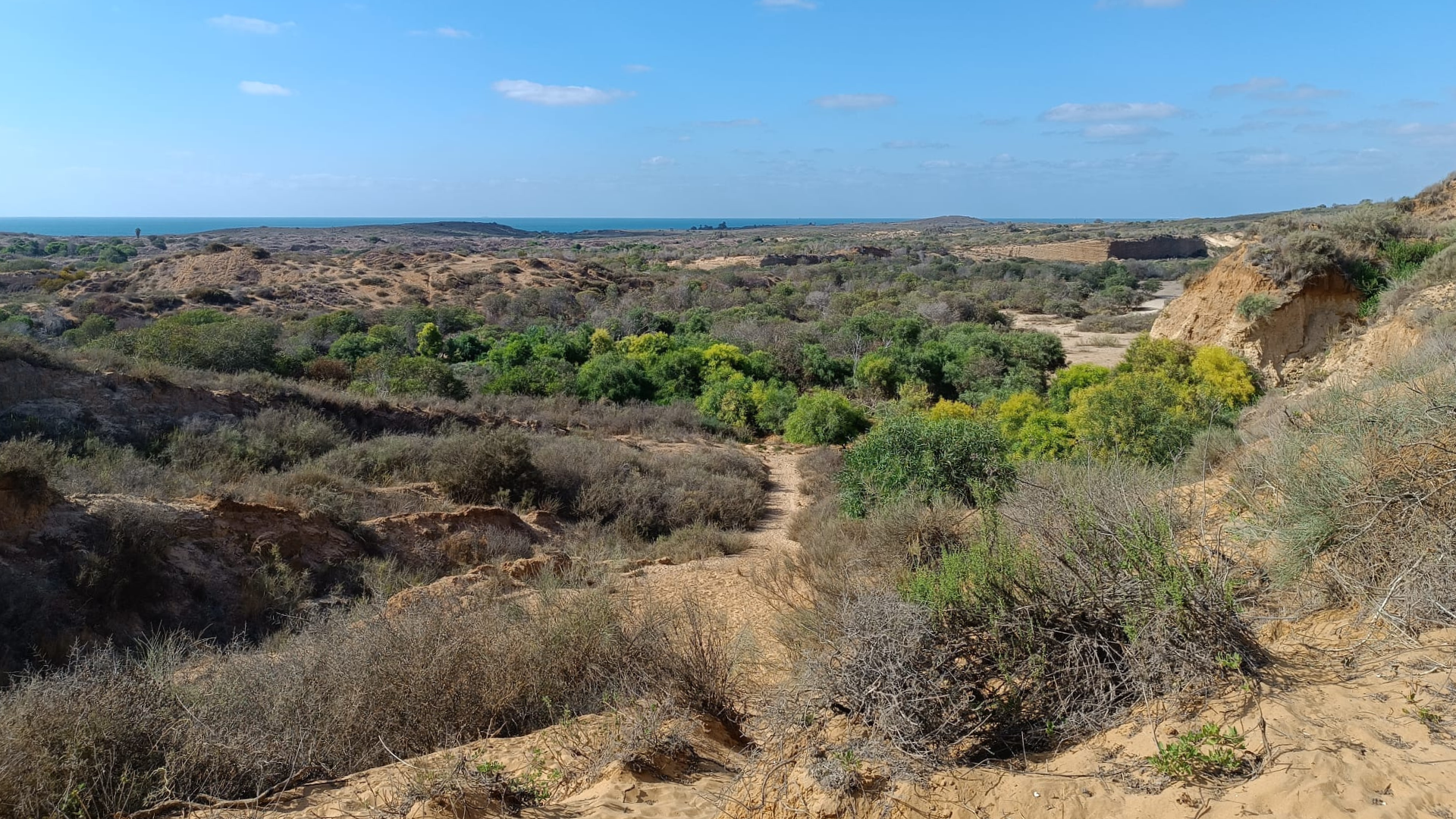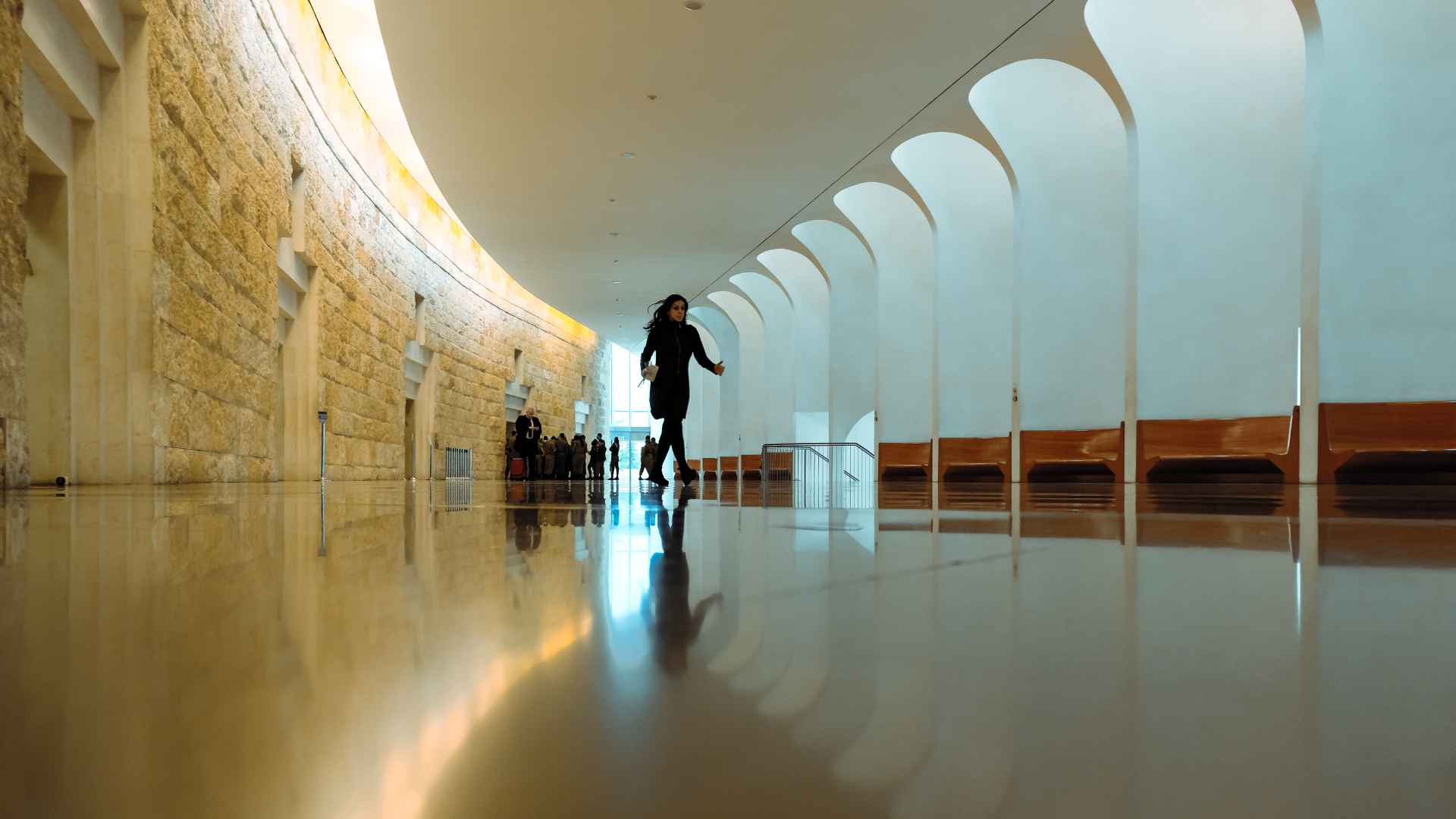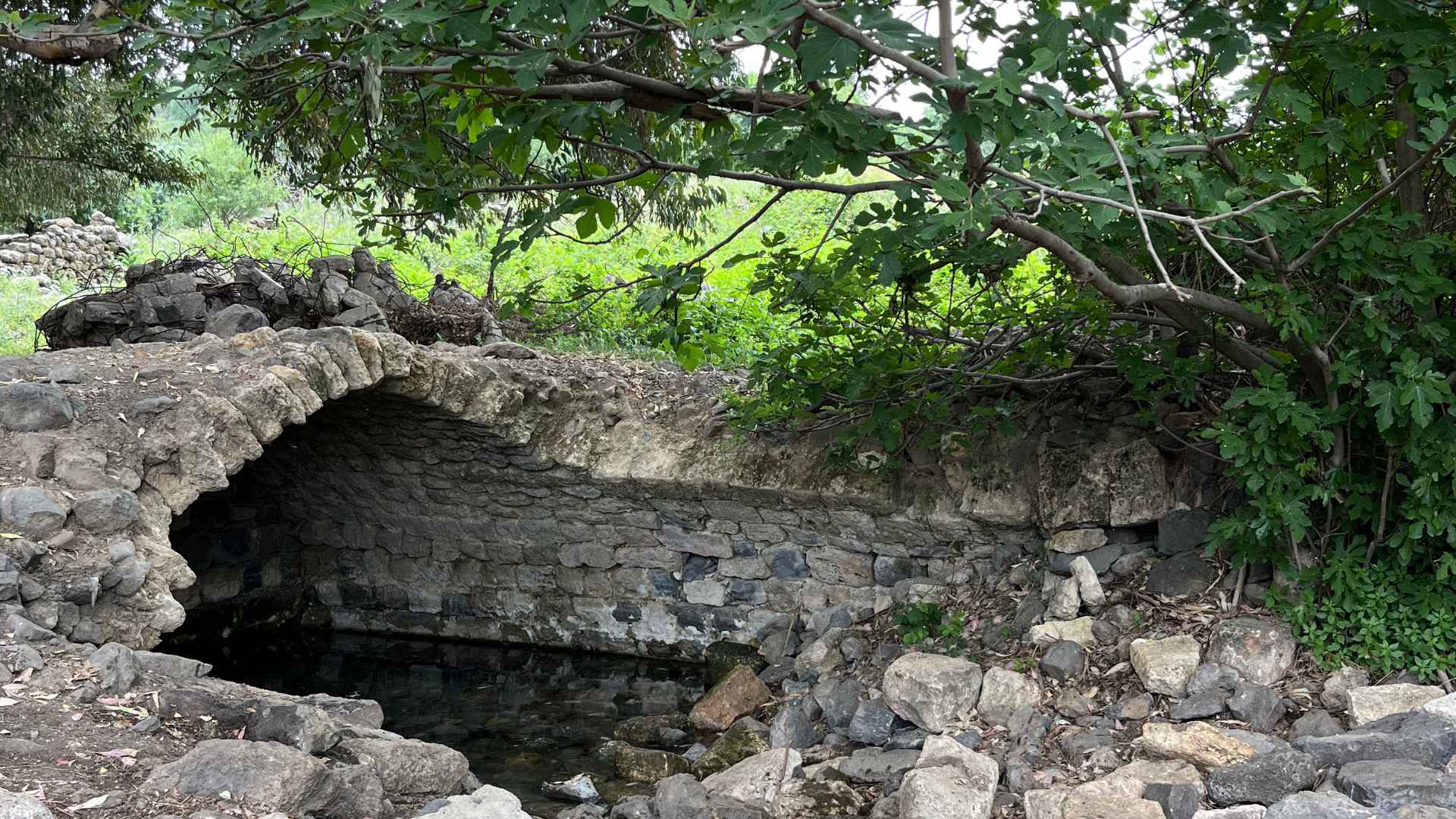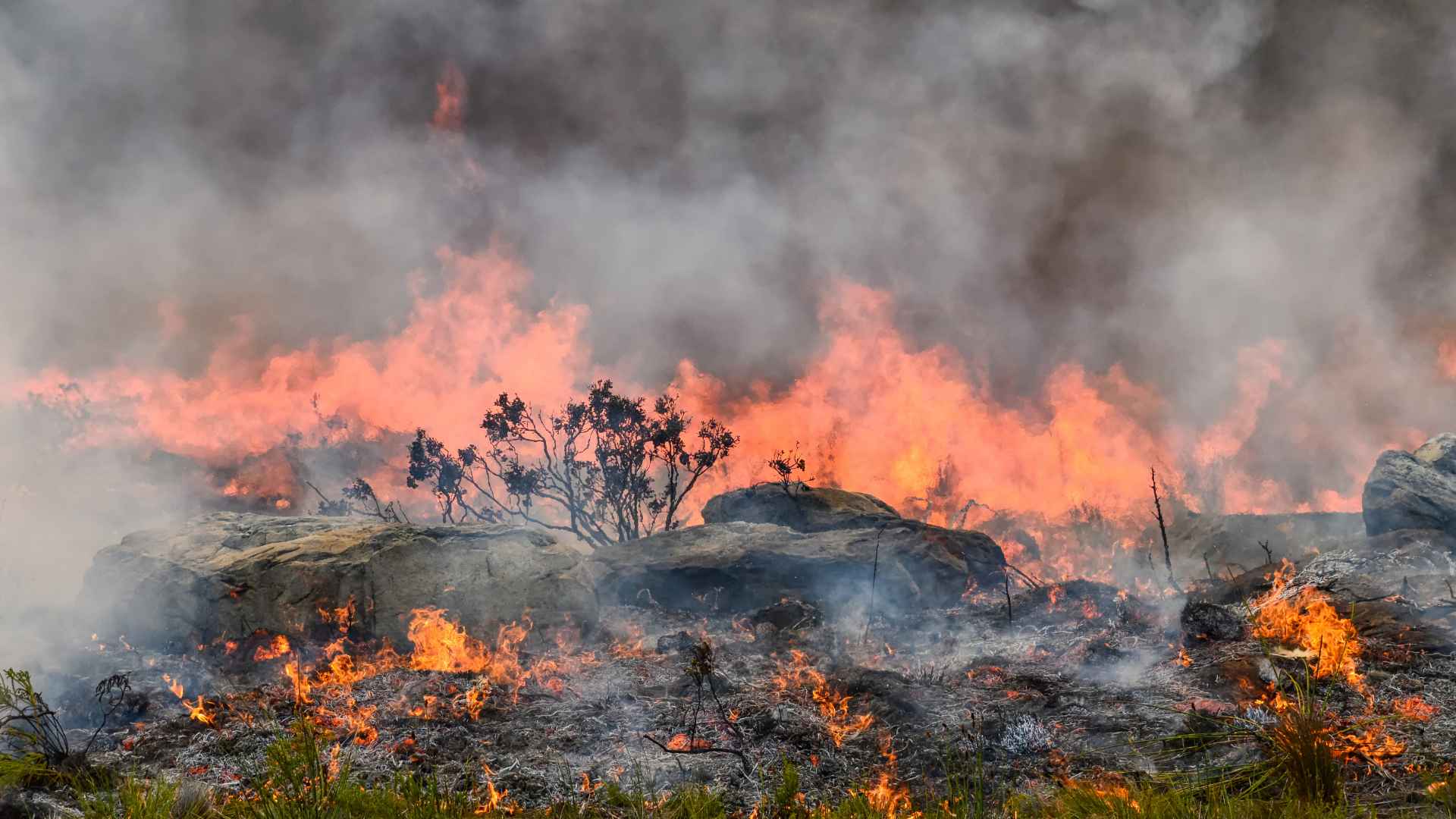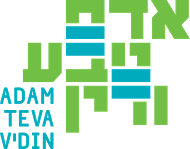There are no good reasons why in the modern age the Europe Asia Pipeline Company (EAPC), set up to handle trade with Iran in the 1960s, should continue to conduct its business without transparency and oversight. No other government agency operates under a such a wide confidentiality order. And certainly, the order should not serve to hide basic operational aspects such as company management, planning and construction, licensing and, equally importantly, environmental protection.
EAPC operations were responsible for infrastructure and maintenance failures, among them the worst contamination event in 2014 that destroyed acres of a pristine nature reserve at Evrona, in southern Israel. Adam Teva V’Din and other civil society organizations are calling for changes in the company’s status to allow for public access to facts and figures regarding environmental management.
Knesset Committee on Foreign and Security Matters
Adam Teva V’Din’s head of regulation, attorney Meirav Abady, has submitted a detailed and comprehensive position paper to the Knesset committee preparing to extend for an additional period EAPC’s special status.
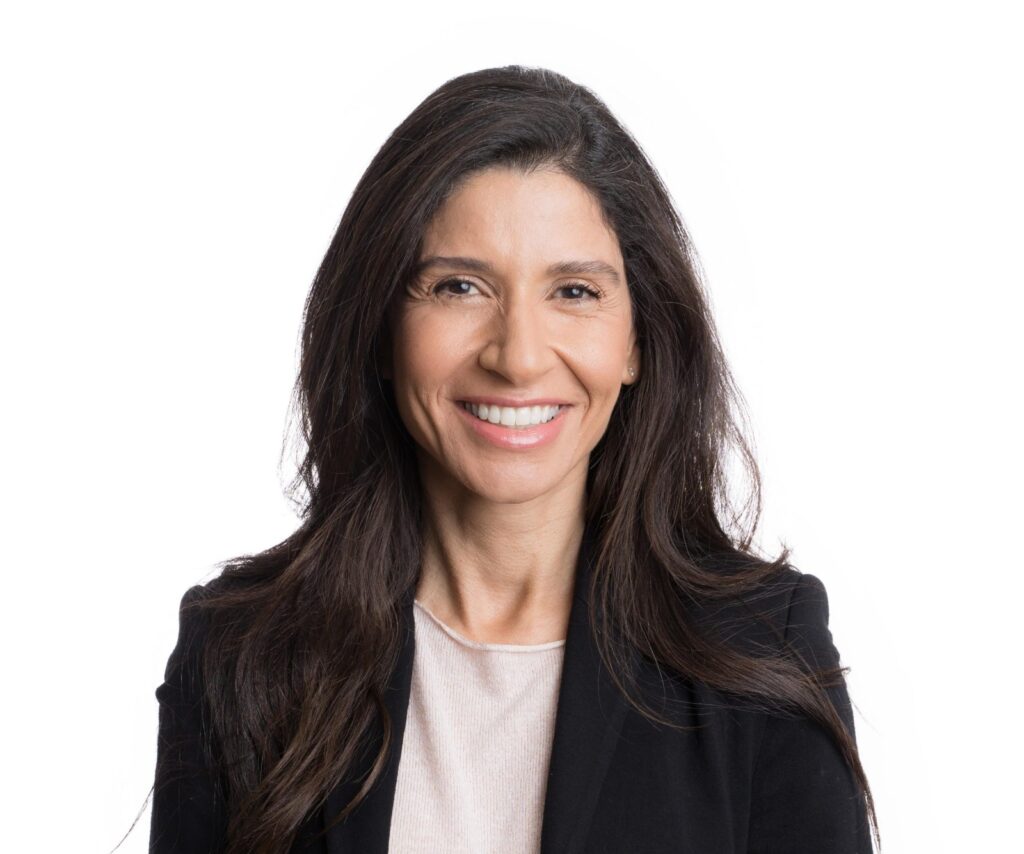
She comments, “…the secrecy order is an anachronistic remnant of factual circumstances and legal reality that have fundamentally changed…” While Adam Teva V’Din, as an advocacy organization, respects all efforts to protect the security of the state, the public has a right to receive information about the company’s operations, particularly as they relate to the broad negative consequences of EAPC’s activities on the public’s right to a healthy environment and quality of life.
Abady cites the 2014 Evrona catastrophe, as well as the Nahal Zin incidents in 2011, and reminds the committee of the pressing reasons why EPAC’s activities should be transparent, in the interest of the public and of the environment, especially as Israel begins to experience the climate crisis.
She presented to the Committee a detailed position paper in the name of Adam Teva V’Din, proposing changes in the status of EAPC, and further requested that the duration of any future operating order be for a short period, preferably one year, so as to facilitate future examination of EAPC operations’ scope and validity.


